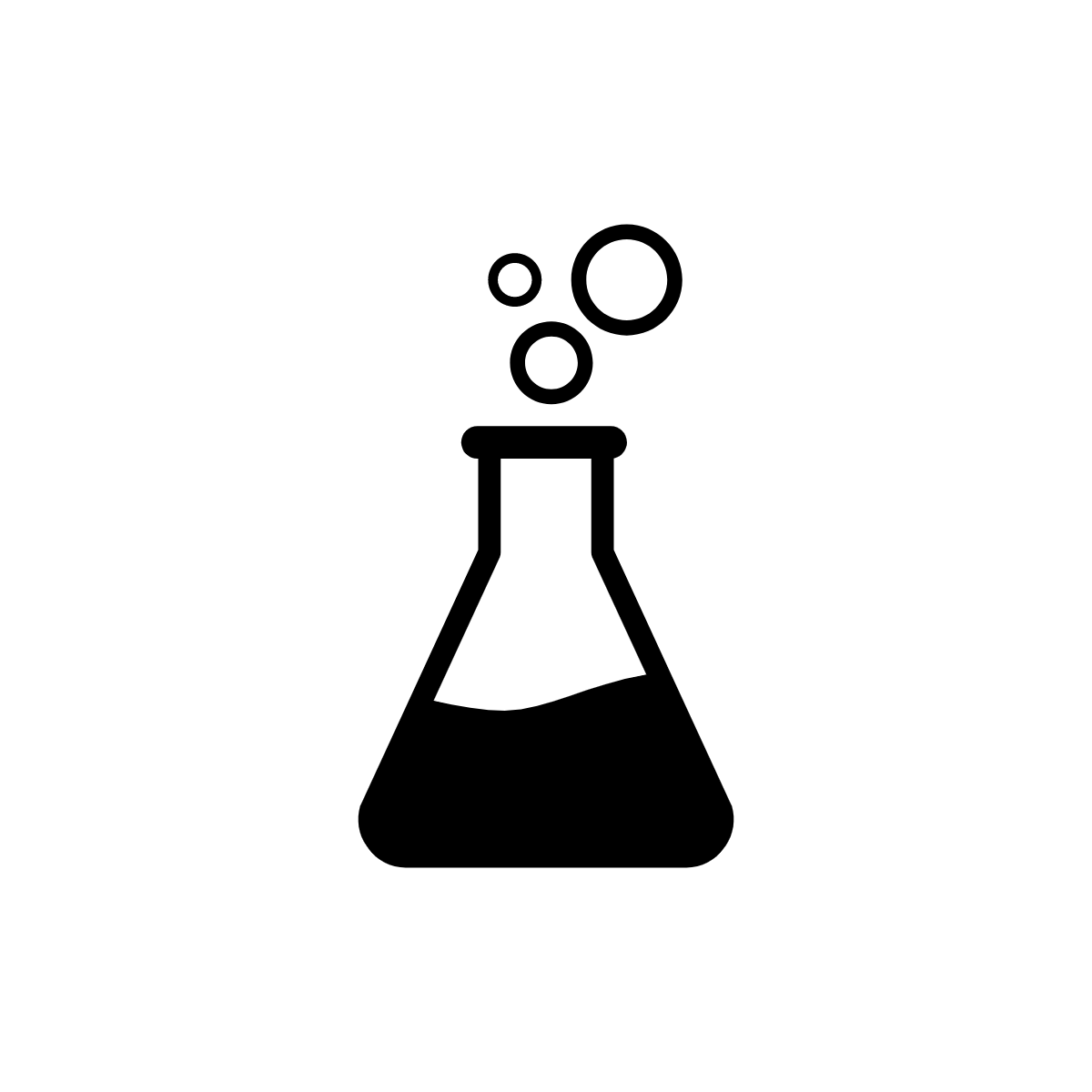“Long live the Boolean? In what circumstances might Boolean be beneficial for undergraduate students? While outside the scope of this paper, Boolean may be more important for upper-level students or students with more complex research needs. For example, a student conducting an extensive literature review aiming for high recall (such as locating all possible relevant articles on a topic) or a student in a specialized discipline such as business where there may be many interrelated factors to consider (for example: industry, stakeholders, NAICS codes49).”
” Overall, natural search language is at least as good as Boolean searching. With evidence that students struggle to grasp Boolean searching, and may not use it even after instruction, it could be left out of first-year instruction, freeing up valuable class time to focus on concepts such as question development and source evaluation.”
LOWE, M. Sara et al. The Boolean is Dead, Long Live the Boolean! Natural Language versus BooleanSearching in Introductory Undergraduate Instruction. College & Research Libraries, [S.l.], v. 79, n. 4, p. 517, may 2018. ISSN 2150-6701. Available at: <https://crl.acrl.org/index.php/crl/article/view/16729/18669>. Date accessed: 02 may 2018. doi:https://doi.org/10.5860/crl.79.4.517.
And this:
https://musingsaboutlibrarianship.blogspot.com/2018/02/the-evolving-librarian-reconsidering.html
“Also the study tests out natural language search vs key concepts chained with AND operators and not my proposal that nested boolean is not necessary.”
